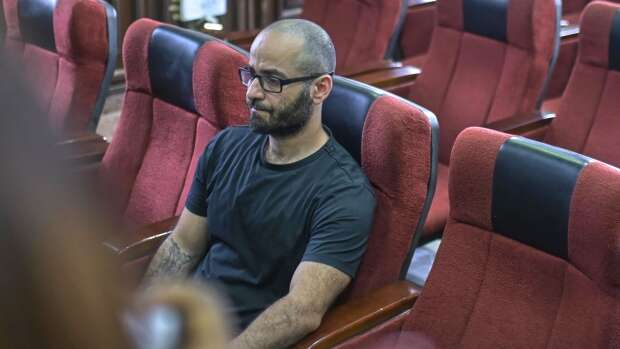Bitcoin was driven to new record highs Tuesday morning – trading above $48,000 – as investors continue to pile in on the news that Tesla bought $1.5bn worth of the cryptocurrency.
A filing with the U.S. financial regulator on Monday reveals that the electric car company run by the world’s richest person, Elon Musk, has made the massive purchase of the digital asset which has jumped more than 300% in a year.
The surge in the price of Bitcoin and other cryptocurrencies, including Dogecoin – which was also fuelled by an endorsement by Musk on Twitter over the weekend – comes as digital currencies become mainstream due to soaring interest from both retail and institutional investors, increasing levels of mass adoption, and as global interest rates remain at historic lows.
But how does a new crypto investor choose a platform on which to buy, sell, hold and exchange?
Nigel Green, an influential cryptocurrency expert and CEO of deVere Group, one of the world’s largest independent financial advisory and fintech organizations, says there are five fundamentals.
He says: “More and more people are wanting to invest into cryptocurrencies, knowing that they are the future of money.
“But many, even those who have extensive knowledge of the stock market, have concerns about selecting the right cryptocurrency exchange.
“The total capitalisation of the cryptocurrency market is now an estimated $1.2 trillion, but it is still lightly regulated. This means that it’s vital that investors know what to look for in an exchange.”
He continues: “There are five fundamentals for your checklist.
“First, security. The system of a private exchange for saving consumer documents as well as funds should be as decentralised as possible as if it’s all on a couple of web servers, that makes them easy hacking targets.
“Investors should also look for a system that utilises two-step verification throughout login, such as a password, and also quick-expiring codes received through the app.
“Avoid exchanges which offer cheap trade costs or services but are based in areas around the world where investor security is weak.
“In addition, investors ought to assess exchanges as well as the businesses behind them as they would certainly do with any other organisation that they would depend on to protect their money.”
“Second, costs. Some exchanges are proficient at addressing costs in advance, while others hide them. Go for the exchanges that are upfront and transparent.
“Third, simplicity and ease of use. Take into account that you’re not always going to trade from your desktop. In fact, finding an exchange that focuses on ‘on-the-move’ trading via a secure app is often a better option.
“Fourth, dependability. Does the exchange run efficiently when trading quantity is high, or when the currencies rate is see-sawing? Some exchanges are notorious for their system accidents and trading stops.
Fifth, client service. Make sure an exchange has a chat or fast communication service integrated.”
Mr Green concludes: “Whilst Elon Musk’s Tesla, and other institutional investors, including PayPal amongst others, will have teams of crypto experts behind them, retail investors can also get involved.
“Investing in cryptocurrencies remains highly speculative and it is not for everyone – but one of the keys to success would be selecting the right crypto exchange.”




 Naira4 weeks ago
Naira4 weeks ago


 Naira3 weeks ago
Naira3 weeks ago




 Naira3 weeks ago
Naira3 weeks ago




 Naira4 weeks ago
Naira4 weeks ago




 Naira2 weeks ago
Naira2 weeks ago
 Commodities4 weeks ago
Commodities4 weeks ago


 Sport Business4 weeks ago
Sport Business4 weeks ago


 News3 weeks ago
News3 weeks ago













